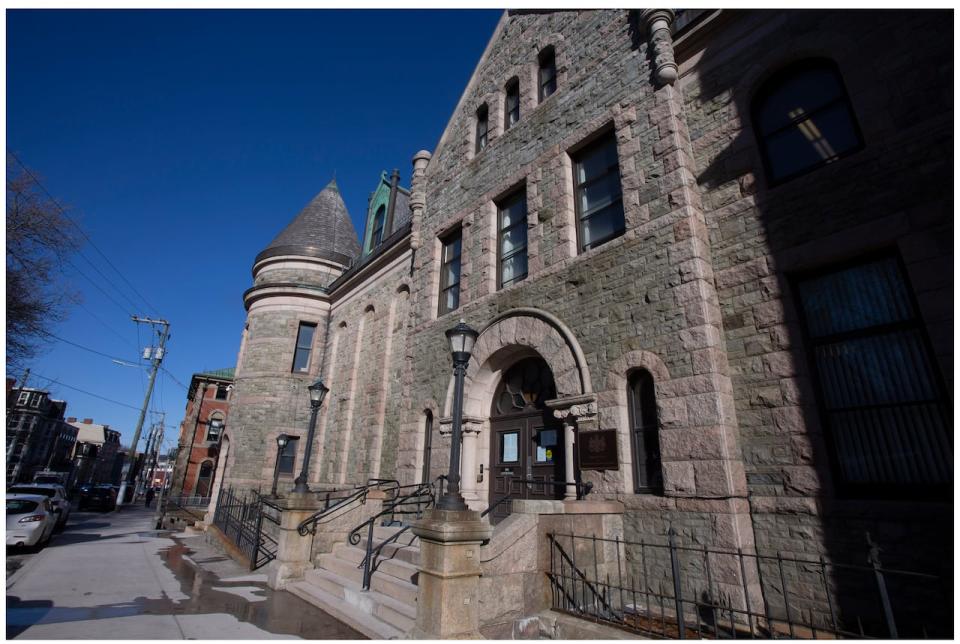


A Newfoundland and Labrador judge handed down a 10-year sentence to a man for drug trafficking —exceeding what both the defence and Crown had been seeking —citing the role the man plays in harming the community.
Martin Tulk, 40, was convicted of possession of cocaine for the purpose of trafficking in February, along with possession of money obtained by the commission of an indictable offence and weapons offences, including having a prohibited weapon.
“It is well accepted that trial judges are likely to be among the first to become aware of changes in the community served by the court,” Justice Peter O’Flaherty wrote in his decision.
“In addition to the alarming increase in cocaine deaths, I am satisfied that the impact of cocaine trafficking on the safety and security of St. John’s, N.L., which was previously the envy of many urban communities in Canada, has also become a heightened and growing concern.”
The Crown had wanted a sevenand a half year sentence, while Tulk’s lawyer sought fiveand a half years.
In his decision, O’Flaherty cited the significant amount of cocaine and cash involved, the high-level role Tulk played in the province’s trafficking, his prior record, the lack of mitigating factors and the impact of Tulk’s crime in the local community.
“For whatever reason, or combination of reasons, cocaine has found very fertile ground in the community served by this Court,” he wrote. “In the past couple of years there has been anecdotal information to support a significant increase in the number of deaths from cocaine overdoses.”
‘Apex’ of drug trafficking
As part of an 11-month-long police investigation, in September 2021 police saw Tulk accept nine bricks of cocaine, weighing 10.14 kilograms, from a drug courier. He then gave the woman$388,965 in cash. They were both arrested.
In his decision, O’Flaherty described Tulk as having a “sophisticated” operation and was “at the apex of the local cocaine trafficking operation.” According to the evidence, O’Flaherty said Tulk didn’t work but lived a “prosperous” lifestyle funded by drug trafficking.
O’Flaherty said the courts are seeing more and more cases involving gun violence, random violent crime and homicide where cocaine was involved. Police also regularly use tactical units to arrest drug traffickers.
“As the facts of this case show, local cocaine traffickers possess firearms, including prohibited handguns, as ‘tools of the trade.’ That is the unfortunate reality we face in 2025,” he said.


O’Flaherty also asked the Crown to gather information from the Office of the Chief Medical Examiner on the number of accidental cocaine overdoses in the province. According to the chart, included in the decision, between 2021 to 2024 there were 101 cocaine related deaths.
As a result, O’Flahertyargues cocaine “poses the greatest threat to the health, safetyand security of the members of this community.”
Dr. Nash Denic, Newfoundland and Labrador’s chief medical examiner, has been warning about the deadly effects of cocaine and the prevalence of drug use inyounger people.
CBC News has reported deaths from cocaine have spiked since 2014.
O’Flaherty also said he believes Tulk has a high chance toreoffendin the future.
Download our free CBC News app to sign up for push alerts for CBC Newfoundland and Labrador. Sign up for our daily headlines newsletter here. Click here to visit our landing page.



